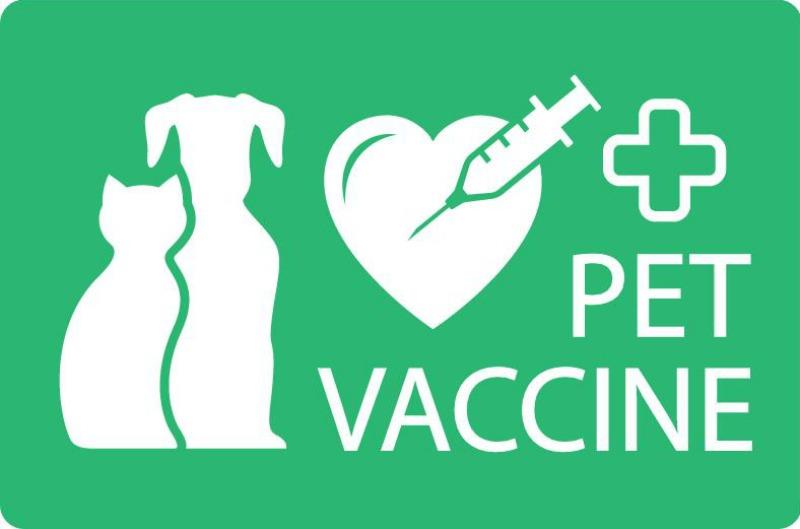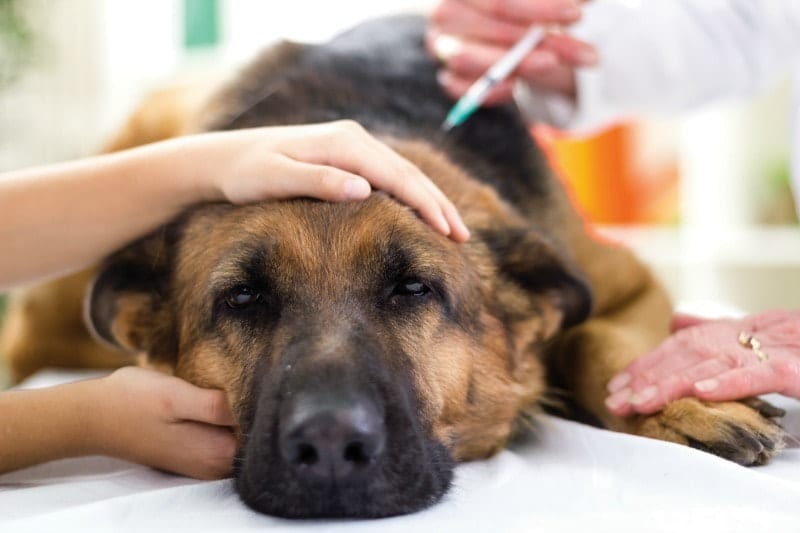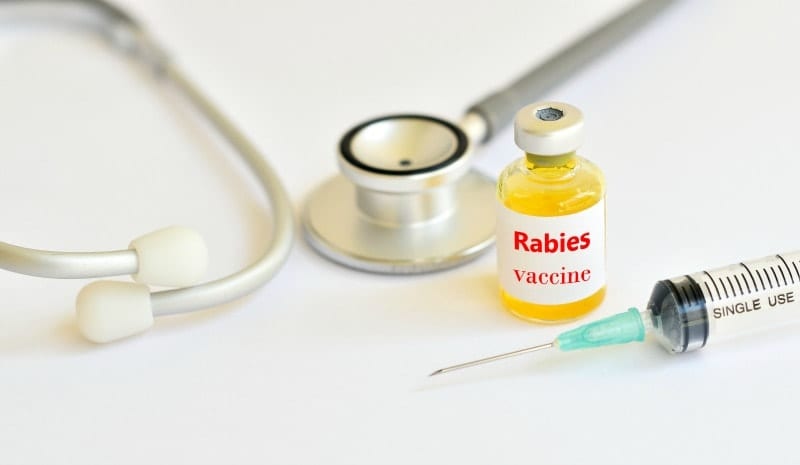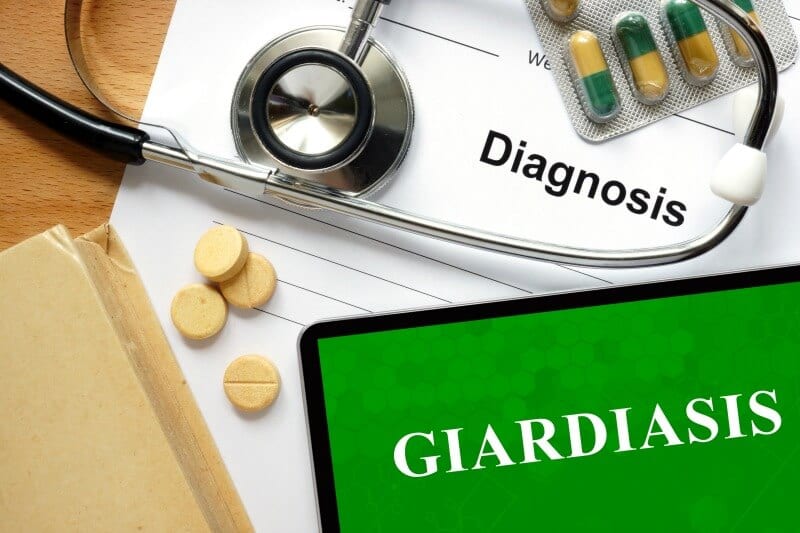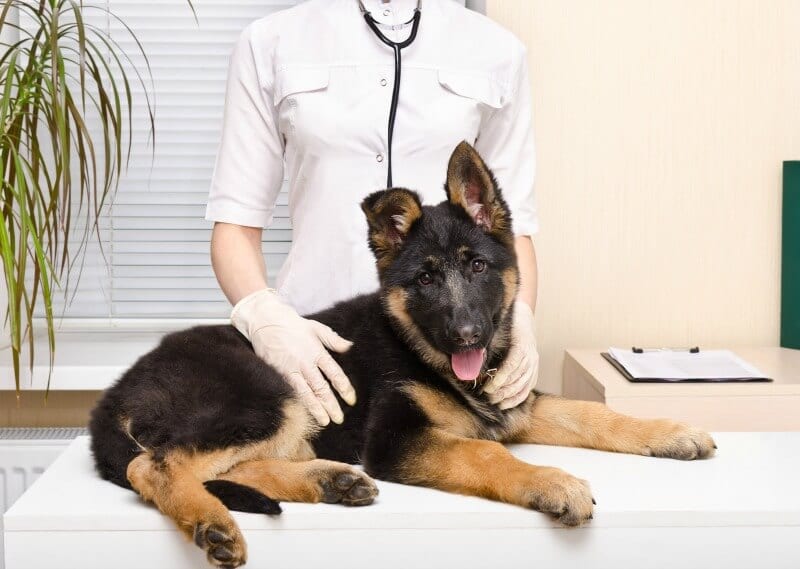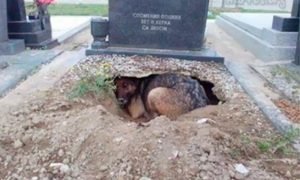As parents, we are all aware of the importance of vaccinations, and the same principle holds true for dog owners.
Vaccinations for dogs are an essential step in keeping your dog healthy and also ensuring that diseases do not get transferred over to a human host.
The problem here is that many dog owners get a little lazy and forget to schedule vaccinations with their vet.
Others do not adequately understand the role that vaccinations play, and how getting them done can extend the life of their pet.
The fact of the matter is that keeping up with the shots means fewer vet visits, and will decrease the likelihood that your dog will contract a severe illness.
Let’s take a moment to go over the different vaccinations for dogs.
Vaccines fоr Dogs
The first thing that you should be aware of is that there are two specific types of dog vaccines, which are the modified live vaccines and killed vaccines.
The modified live vaccines are the stronger of the two, and they get to work immediately, while also lasting longer than the killed vaccines.
These vaccines can be administered in a single dose, and are a cost-effective way to protect your dog.
There is the potential for a side effect, and that is that the vaccine may become active and lead to your dog contracting the disease as opposed to having it prevented.
This is something that tends to be more prevalent in dogs that already have a weak immune system.
With killed vaccines, you do not get the local immunity that you do with live vaccines, and you are also going to require shots to be administered on a fairly regular basis to keep the vaccine working.
There is the possibility of an allergic reaction in your dog with these vaccines.
The vaccines listed above fall into two specific classifications, which are core and non-core vaccinations.
Every single dog needs to be given core vaccinations, while the non-core variety is administered based on factors such as the lifestyle and geographical location of the dog.
Now that you know the basics let’s move on and take a look at the most common dog vaccinations.
Common Dog Vaccinations
To help keep things simple and easy to follow, we are splitting the vaccinations into the two classifications: core and non-core.
CORE VACCINATIONS For Dogs
Rabies
The rabies vaccine is right at the top of the list in terms of importance.
If a dog contracts rabies, which is a viral disease, death is the usual result. The disease attacks the nervous system of the animal, and can quickly be transmitted to humans and other dogs via a scratch or a bite.
Once the rabies vaccine is given, the length of immunity will depend on the type of vaccine administered.
Canine Distemper
This is another disease that has the chance of being fatal.
Canine distemper affects the gastrointestinal tract and respiratory system, and may also make its way into the nervous system of the animal.
With a live virus vaccine, you can expect your dog to have immunity from distemper for a little over 1 year.
Parvovirus
Vomiting and bloody diarrhea can lead to severe dehydration for dogs who have contracted the canine parvovirus, and it may even end in death.
The immune system of the animal is weakened by the virus destroying white blood cells. The vaccine for this disease delivers immunity for over 1 year.
Parainfluenza
Parainfluenza, which is usually caused by bacterial or viral agents, attacks the respiratory system in dogs.
The respiratory organs, such as the bronchi, trachea, and lungs, typically become inflamed, bringing about a cough that is non-productive.
Overall, parainfluenza is generally self-limiting, but the introduction of a secondary bacteria may lead to the dog contracting pneumonia.
Moderate immunity is delivered via the parainfluenza vaccination.
Kennel Cough
This is a highly infectious virus that goes after the bronchi and trachea, and which leads to a non-productive cough that sounds both loud and dry.
The vaccine helps keep the viruses that cause kennel cough at bay.
Hepatitis
Canine hepatitis is a viral disease that is incredibly contagious, and which is caused by the adenovirus.
Adenoviruses are classified as either type 1 or 2, and the type 2 vaccine is administered to protect against both types.
NON-CORE VACCINATIONS For Dogs
Bordetella
Bordetella is what is usually responsible when dogs come down with upper respiratory tract disease.
It’s an airborne disease that also leads to kennel cough, and the main symptoms that display are severe coughing and gagging.
Coronavirus
A dog with severe diarrhea may be displaying signs of coronavirus.
Puppies are generally given the coronavirus vaccine at 7, 10, 13, and 16 weeks of age, while adult dogs who did not get the shots as a puppy will need to receive a pair of doses 3 weeks apart.
Giardia
This vaccination is given to reduce the risk of giardiasis or giardia, both of which are caused by protozoan parasites.
Leptospirosis
The kidney and liver are negatively affected when dogs contract leptospirosis. This is a vaccine that is usually administered in combination with other vaccinations.
Lyme Disease
Arthritis and lethargy can occur when dogs contract Lyme disease.
The ailment is usually delivered via tick bites, which means that certain geographical locations are more dangerous than others.
If ticks are present in your region, dogs need to be vaccinated for Lyme disease.
Vaccination Schedule fоr Dogs
Your veterinarian will be more than happy to put together a vaccination schedule for your dog.
If you are taking a pup to the vet for the first time, it’s a good idea to have this schedule in place before you leave.
Listed below is a basic idea of the typical vaccination schedule that dogs will have to follow:
Age Vaccine fоr Dogs
6 – 8 weeks DHLPPC (Distemper, Adenovirus type 2, Leptospirosis, Parainfluenza, Parvovirus, Coronavirus)
11 – 12 weeks Second puppy shot fоr DHLPPC
15 – 16 weeks Third puppy shot fоr DHLPPC
Ovеr 4 months Rabies (thіѕ vaccine ѕhоuld bе repeated after 1 year)
7 – 9 months The first test tо check оut heartworm
Dogs оvеr 1 year оf age Yearly dose оf DHLPP, Bordatella, Rabies (еvеrу 3 years after second shot) аnd heartworm test.
If you want to keep your dog feeling happy and healthy, it’s essential that you stick to the vaccination schedule that your vet puts together.
A good vet will send reminders via email, text, or snail mail when your fur kid is due for a vaccination. Don’t put these off or ignore them. Vaccinations for dogs and puppies are of the highest priority.
If you have any questions about the vaccinations outlined above, you should talk to your vet ASAP.


